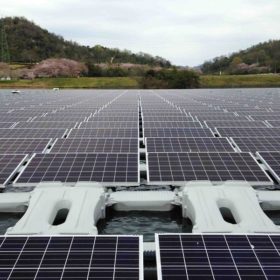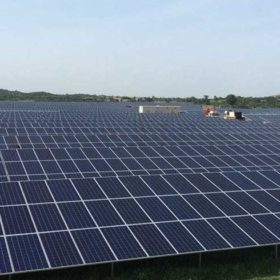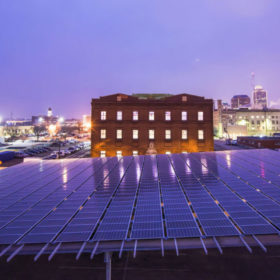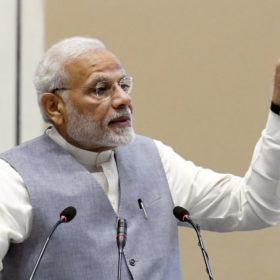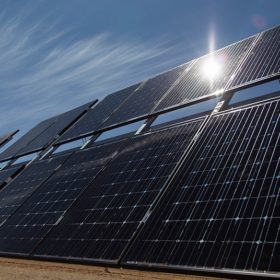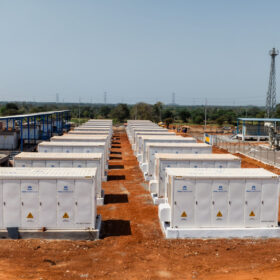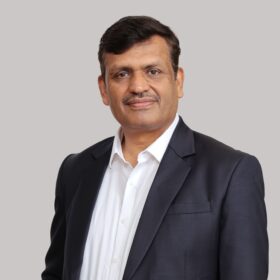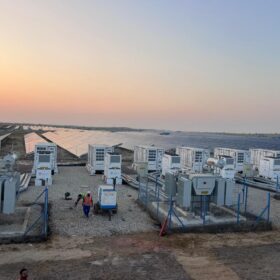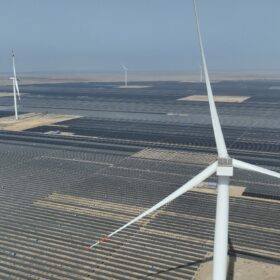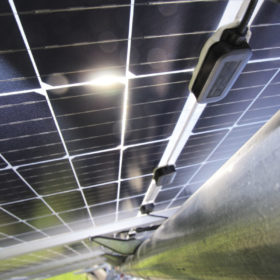BHEL wins Rs 800 crore EPC orders for 200 MW solar power plants
The state-owned engineering major will set up a floating solar plant at NTPC Ramagundam in Telangana and a ground-mounted plant at Raghanesda Ultra Mega Solar Park in Gujarat, with a capacity of 100 MW each.
Uttarakhand floats global tender for 40 MW grid connected solar projects
The Irrigation Department of Uttarakhand, in Dehradun, has re-tendered a 27 MW solar project at the Haripura Dam and a 13 MW installation at the Tumariya Dam in the Udham Singh Nagar district. The project will now be awarded through tariff-based competitive bidding.
Removal of priority-sector lending cap – solar industry reaction
The power minister’s proposal would be a step in the right direction towards meeting the 40 GW rooftop solar target, as it removes a financing hurdle for small and medium enterprises.
Latest 1.2 GW of solar capacity awarded at Rs2.54 ahead of safeguarding duty fall
SECI’s 1.2 GW solar auction saw four companies – Ayana Renewable, ReNew Power, Azure Power and Mahindra Susten – secure a combined capacity of 1.15 GW at Rs2.54/kWh. Avaada Energy won the remaining 50 MW, at Rs2.55.
Europe announces plans for battery gigafactories
In news that will add urgency to Indian government efforts to establish a domestic storage industry, funding has apparently been secured for 16 GWh-plus production lines in Sweden and Germany. Is India at risk of being left in the starting blocks?
Plug-in hybrid cars have no longevity – stick to pure electric
A report on the prospects for a mooted $2.6tn electric vehicle market over the next decade says PHEVs – part electric, part gas-guzzling – are already losing market share rapidly to pure electric rivals, and will be extinct by 2030.
Bifacial beats Trump’s tariffs
Federal trade authorities in the U.S. have ruled bifacial solar modules will no longer be subject to the Section 201 ruling which applies a 25% tariff to solar panel imports.
Solar trees find more homes
Solar trees—like the ones at The National Salt Satyagraha Memorial in Gujarat—are set to make their way into the residential complexes of central government employees as the Central Public Works Department (CPWD) looks to harness solar energy to the maximum extent possible.
NTPC tenders 1 GW solar PV projects across India
State-owned power generator NTPC has invited bids for development of 1 GW grid-connected solar PV projects under Central Public Sector Undertaking (CPSU) scheme Phase-II (Tranche-I). The projects are to be set up on turnkey basis under domestic content requirement category, anywhere in India. These will be awarded through domestic competitive bidding followed by reverse auction.
Azure Power turns a profit
The NYSE-listed developer appears to have turned the corner after reporting a full year profit of Rs138,493 after a Rs10 lakh loss a year ago. Borrowings are on the rise though, as the company plans to drum up an ever larger project portfolio.
